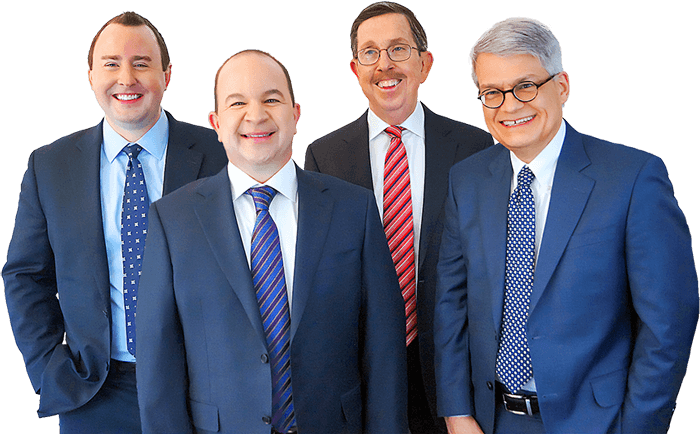Automobile accidents are a prevalent issue in the United States. While auto insurance handles many of the liabilities, it does not always pay for everything. This could leave the at-fault party liable for left over expenses.
But what happens when that person does not have the money to pay? The family car doctrine may help in such circumstances.
About the doctrine
The family car doctrine in Connecticut holds the owner of a vehicle responsible for accidents that occur when their spouse, parent or child is driving. It gives an injured party another liable person to go after if insurance will not pay for all losses. The owner of a car driven by a family member is liable unless they can prove they did not authorize the person to drive the vehicle. Being found liable for another driver’s negligence can result in significant financial obligations, including medical bills, lost wages and property damage.
How the doctrine impacts car accident cases
For the vehicle owner, this doctrine means a lot of responsibility. They have to ensure the person driving their vehicle is a good driver and someone they know will drive with care.
For the injured party, the doctrine does provide a nice backup when all other avenues to collect damages fail. If an insurer pays out all the money and the actual at-fault party is unable to pay, the vehicle owner becomes the next person liable for the expenses resulting from an accident.
Potential defense that could stop the doctrine
There is a defense to this liability if the driver did not have permission to use the vehicle at the time of the accident.
The burden of proof lies with the vehicle owner to demonstrate this lack of authorization. The owner may need to provide evidence, such as written documentation prohibiting the driver from using the car or witness statements. If the owner successfully proves the claim, he or she is not liable for the damages from the accident.
The family car doctrine in Connecticut highlights the importance of understanding the legal implications of allowing family members to borrow vehicles. Vehicle owners should take proactive measures to prevent unauthorized use of their vehicles and only grant permission to individuals who are trustworthy.


